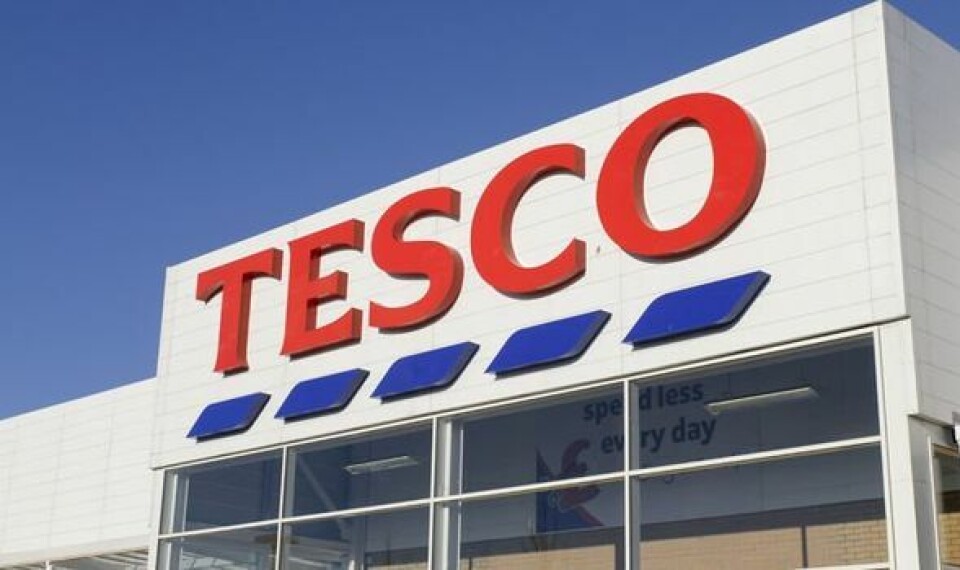
Tesco: marine ingredients still OK for our salmon
The announcement by Tesco that it is supporting the use of algal oil in salmon feed does not mean it is completely turning its back on marine ingredients, it has told Fish Farming Expert.
The supermarket chain also said that it had not yet fixed a date for the roll-out of revised own-brand farmed salmon standards, which will include targets to reduce the amount of wild-caught fish fed to the salmon the company sources.
Fish Farming Expert put some questions to Tesco after the retailer said last month that it had been exploring how more algal oil can be incorporated into the diet of fish that it sells, starting with salmon, and was updating its standards.
We wanted to know:
- Would Tesco stipulate a maximum level of fish oil in feed?
- Would suppliers be obliged to include fish oil alternatives in feed if they wished to keep selling to Tesco?
- What is the timescale for the standards update?
‘Managed sustainably’
In response, the company stated: “Our aim is to support marine alternative ingredients (e.g. algal oil), which can in turn take pressure off marine ecosystems which are providing fish feed.
“However, we recognise that the use of fish meal and fish oil can be managed sustainably so we are not currently aiming to move away from this completely. For example, extracting fish oil and fish meal from non-salmonid fish trimmings (off-cuts) that would otherwise be wasted is a good way to use resources and avoid waste.
“Our ambitions here are born out of our recognition of the need to address one of the key sustainability issues associated with the salmon industry.
‘Ambitious target’
“We are working towards an ambitious target for 2019/20 of a Forage Fish Dependency Ratio for oil (FFDRo) of <1.75. We will review this over time and work towards an aspiration for our salmon to have a ‘Fish In: Fish Out’ ratio of <1. We are working closely with our supply base and others in industry, such as WWF and producers of feed ingredients, to achieve this.
“We want to make sure that suppliers are able to make the necessary changes in a manageable and sustainable way, so we are currently consulting with our suppliers with no fixed date yet for rolling out our new standard.”
Tesco added that all its food standards are audited by a third party.
The Aquaculture Stewardship Council (ASC), regarded as one of the strictest certification providers, currently sets the FFDRo at <2.52, or, less than 30g/kg of EPA and DHA from direct marine resources.
Read Tesco’s announcement about encouraging its suppliers to use sustainable resources here.






















































